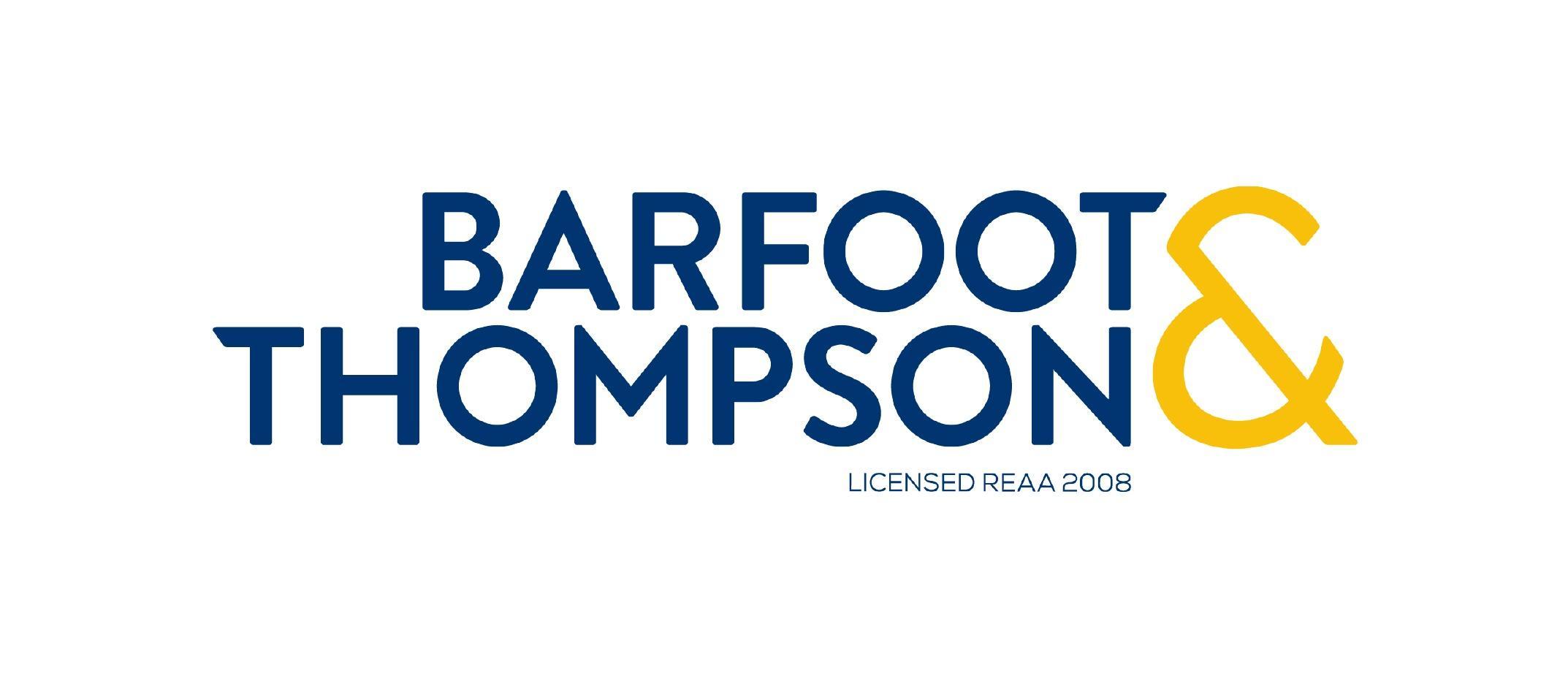Some of our political parties have published election manifestos in which they support the concept of a compulsory Warrant of Fitness for all rental
housing. This is apparently viewed as an article of faith that will cure many of the ills of society. Seemingly ignoring the reality that the costs
of such a scheme will fall only on to landlords (and eventually on to their tenants) and the savings will only accrue to the Government health
fund, they ask “Why has this not yet been implemented?”
The answer is that the proposed system is fatally flawed.
Consider a family living in a rental house right now. The warrant of fitness inspector arrives carries out his inspection and declares “This house
fails the test. It is unhealthy and unsafe. Your landlord needs to do this list of remedial works before he can continue to rent it out”.
The landlord, looking at the work that is required, responds “No way. I’m not going to go to all that trouble and expense. I’ll just sell the house
and get rid of it”.
The family, however, quite like living in that house. So they buy it from the landlord. Having bought the house, it is no longer a rental. It is therefore
no longer subject to the compulsory warrant of fitness test. So they can now continue to live in it. The house, with absolutely no remedial work
having been done, is somehow no longer a health risk or a safety hazard – just because the ownership has changed. Behold, the awesome power of
ink on paper!
There may be a valid argument for making all residential housing subject to health and safety checks. There would be many owner-occupied houses that
are in a poor condition, often either because the age of the house means that it could not be made to comply with current standards or because
the owner-occupiers simply cannot afford to upgrade the place. However, this option is never proposed, as those who advocate for more regulation
on rental housing certainly would not want the inspectors turning up at their own front door.
Those who try to draw comparisons between the warrant of fitness checks for privately owned cars and the more stringent checks required for rental
vehicles are also guilty of twisting the argument. While your private car may only be used twice a week to get you to the supermarket on Saturday
morning and to the beach on Sunday afternoon, a rental is subject to considerably more intensive use and covers much higher mileages. Hence the
perceived need for a higher standard. You don’t hire a rental car unless you actually intend to use it. In comparison, a family who rent a house
don’t ‘use’ the house any more than the family who own one. Mum, Dad and the 2.1 children do not increase their activity in the kitchen, bathroom
or the bedrooms anymore just because they pay rent rather than a mortgage.
So, in summary, to be workable the fitness checks should either apply to all housing or to none.
Contrary to widely-held belief, tenants are not helpless pawns at the mercy of landlords. The Residential Tenancies Act 1986 already contains provisions
for tenants to serve a statutory 14-day notice to their landlord to require essential repairs and maintenance to be carried out. Many tenants,
politicians and their ivory-tower academic supporters seem to be quite unaware of this. When we sit and look at the damp-eyed emotional television
coverage of some bedraggled mother-of-ten camping out in a damp rat-infested hovel with a leaky roof and a blocked toilet all we can think is “Why
doesn’t someone tell her?” Perhaps an education program for tenants may be a better use of the available resources.
Peter Lewis is the Vice President of the Auckland Property Investors’ Association.














Add Comment